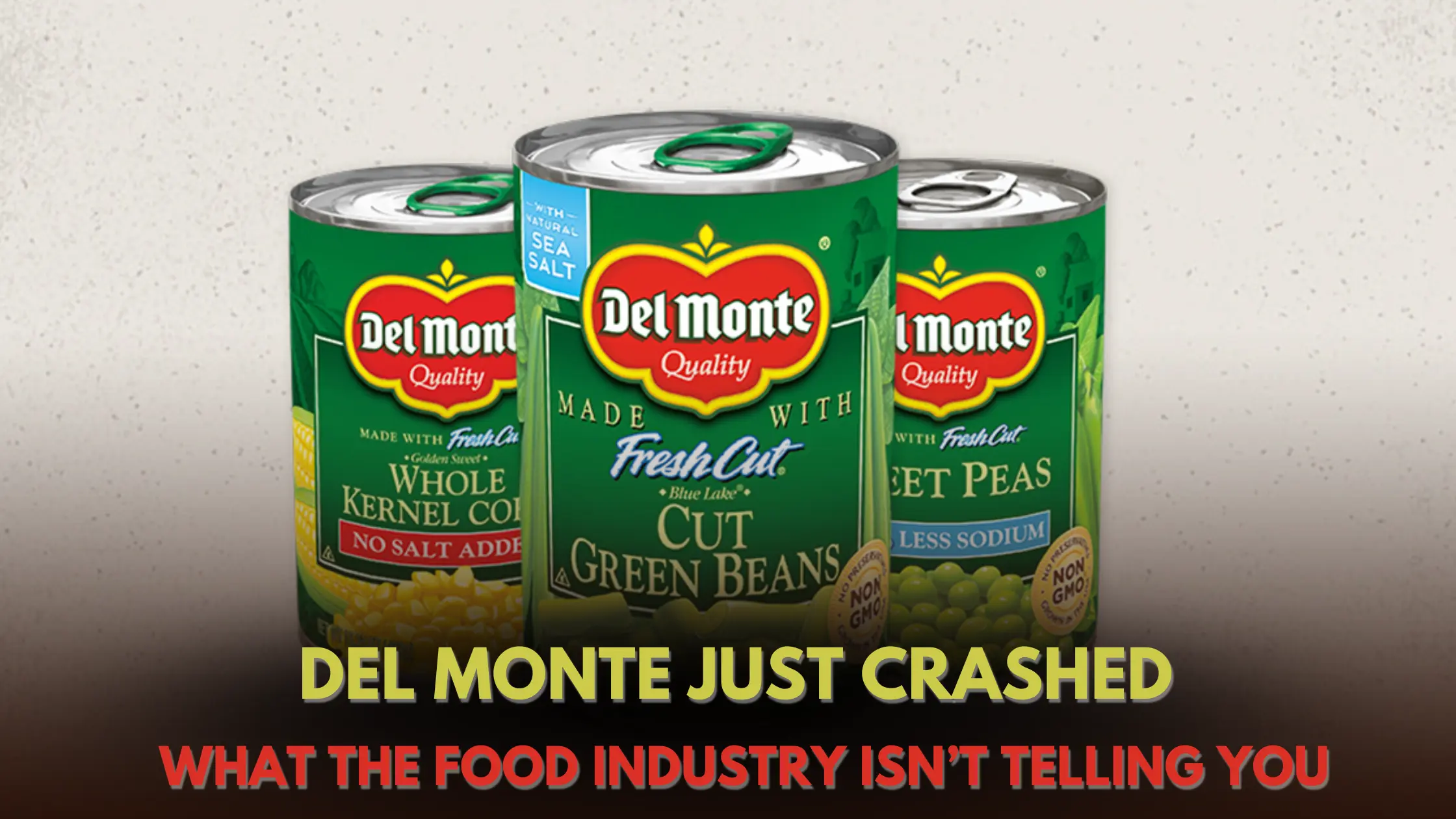Del Monte Goes Bust — You Won’t Believe What Killed This 138-Year-Old Brand
🥫 Quick Summary:
- Who? Del Monte Foods – iconic canned goods company, founded in 1886.
- What? Filed for Chapter 11 bankruptcy and is looking for a buyer.
- Why? Dropping demand, rising costs, and shifting consumer preferences.
- Current Status? Still operating with $912.5M in new financing.
📉 What Led to Del Monte’s Bankruptcy?
- Declining Demand:
Consumers are moving away from canned, preservative-heavy foods and toward fresher, healthier options. - Inventory Issues:
Del Monte ended up with too much stock. To offload it, they had to spend more on promotions and storage. - Economic Pressures:
The current macroeconomic climate (inflation, cost-cutting) caused shoppers to choose cheaper private-label brands over legacy names like Del Monte.
💰 Financial Situation
- Chapter 11 Filing:
The company is undergoing a court-supervised sale to restructure and find new ownership. - Liabilities:
Del Monte lists between $1 billion and $10 billion in debt. - Funding Secured:
$912.5 million in financing allows them to stay operational during peak canning season.
🏷️ Brands Affected
- Del Monte (main brand)
- Contadina (canned tomatoes)
- College Inn (broths)
🗣️ CEO Speaks Out
“We believe a sale process is the best way to create a stronger and enduring Del Monte Foods,”
— Greg Longstreet, CEO
🕰️ A Look Back
- Founded: 1886
- Cannery: Built in 1907 in San Francisco
- Claim to Fame: By 1909, Del Monte operated the world’s largest fruit and vegetable cannery
📌 Takeaway
A once-household name, Del Monte’s collapse signals a bigger shift in consumer behavior—toward freshness, health-conscious eating, and private-label value.
